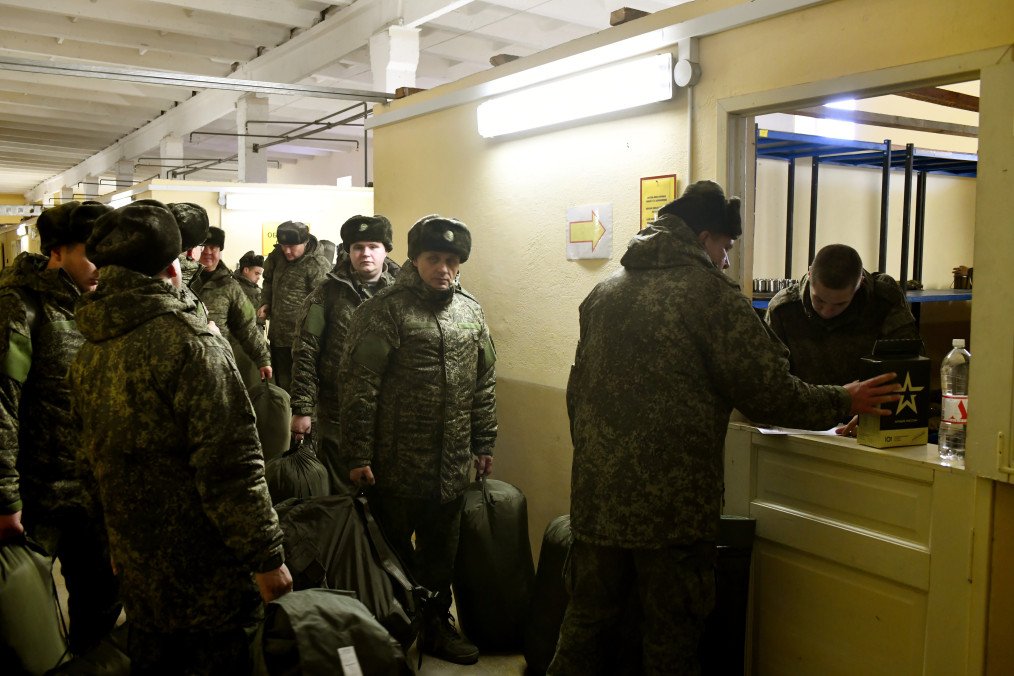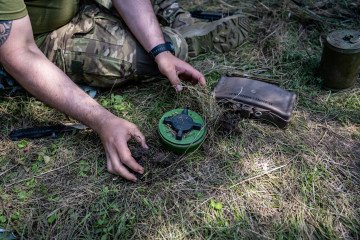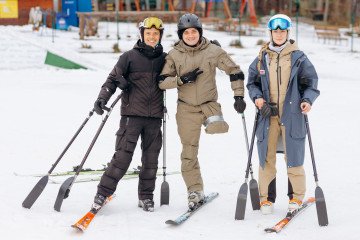- Category
- Latest news
Russian Recruitment Struggles Could Impact Offensive Capability, Ukraine Military Intelligence Says

On July 26, Andriy Yusov, spokesperson for Ukraine’s Military Intelligence (HUR), stated that Russia’s difficulties in recruiting new soldiers may impair its offensive capabilities.
Yusov’s remarks align with the statement made by the National Guard commander, who predicted a halt in active assaults within the next month or month and a half.
“These assessments are based on significant losses in enemy manpower and equipment,” Yusov explained. “While they can replenish these losses, there are substantial issues with recruiting new soldiers. This mechanism is beginning to fail.”
In confirmation of the Commander-in-Chief Oleksandr Syrskyi’s statements, Yusov noted that the current estimated number of Russian soldiers is about 520,000. The Kremlin aims to increase this figure by 100,000, reaching 620,000 by the year’s end.
Yusov clarified that this number includes all forces, not just combat units. “These are security forces and personnel responsible for maintaining 'order' in the occupied territories. However, a significant portion is focused on compensating for losses.”
National Guard Commander, Brigadier General Oleksandr Pivnenko, also predicted in a July 25 interview with Ukrinform that within the next month or month and a half, the Russian army would lose the ability to conduct active assaults and would shift to a defensive stance.
Russia has suffered soaring losses in the past months, with significant casualties and equipment losses impacting its operational effectiveness. This trend has exacerbated their recruitment challenges, further straining their military capabilities and highlighting the difficulties faced by Russian forces on the front lines.
-5adb65e550f9dec24a01a35019e4b6b5.jpg)

-111f0e5095e02c02446ffed57bfb0ab1.jpeg)




-c439b7bd9030ecf9d5a4287dc361ba31.jpg)